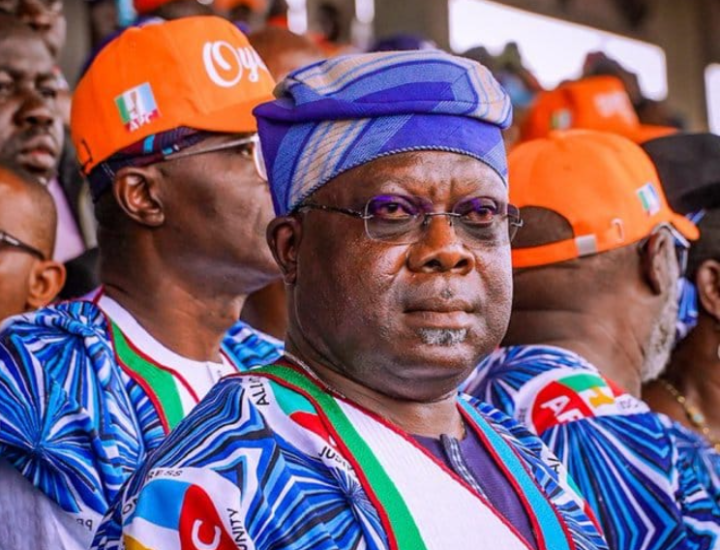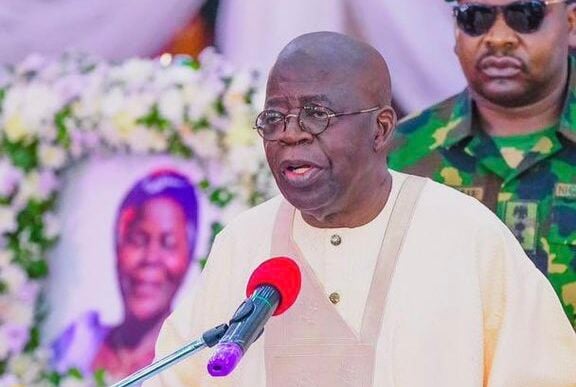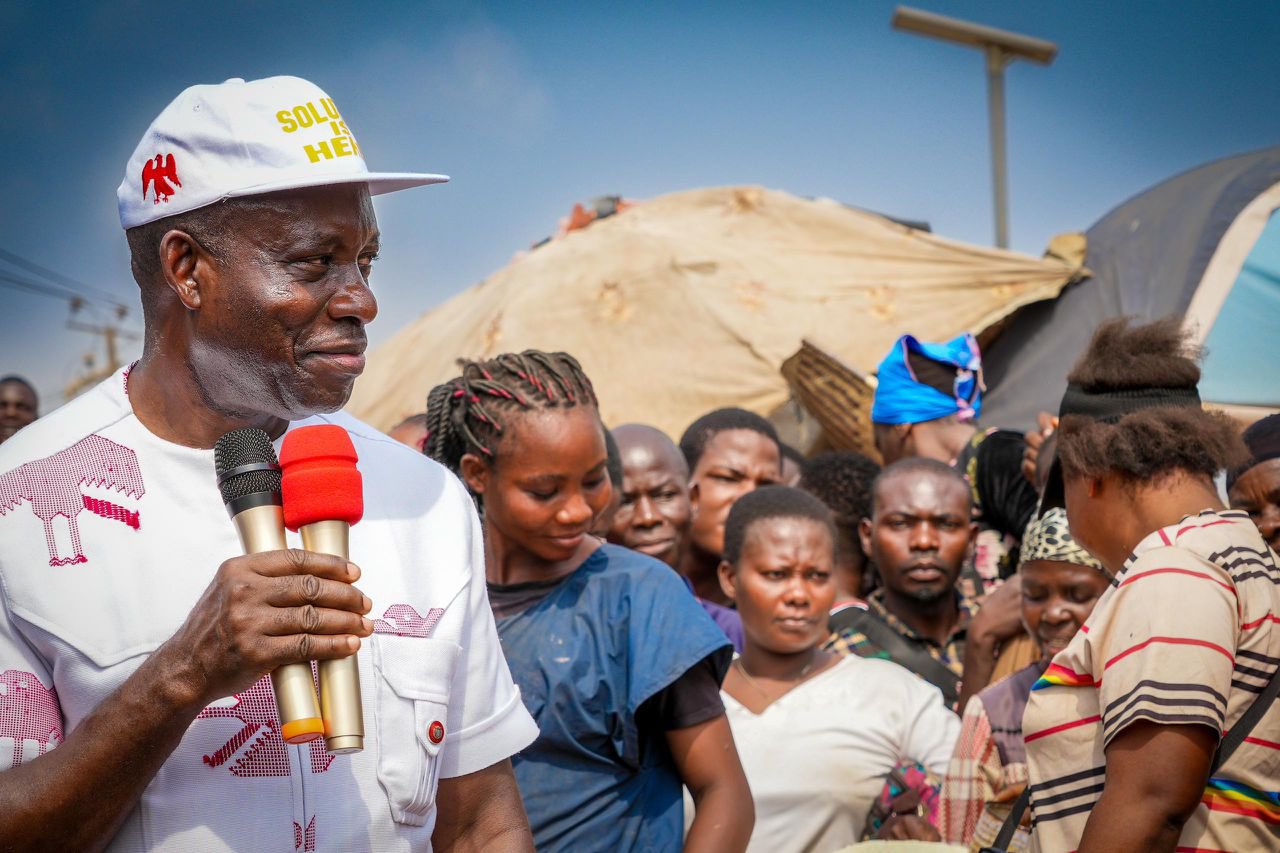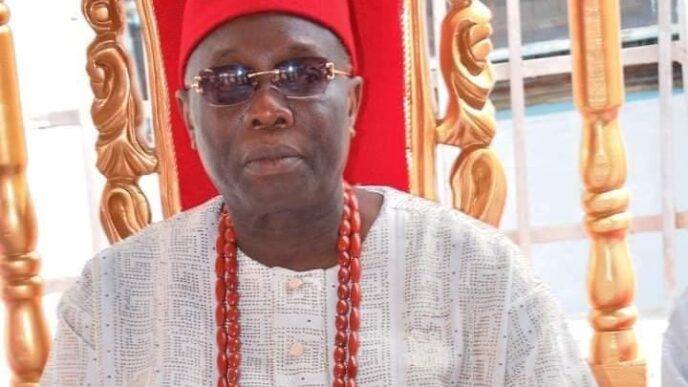Sheidu
Habib Sheidu, Lagos-based public policy researcher and project director at AdvoKC Foundation, has criticised the house of representatives over alleged broken promises on education and health reforms.
In a statement on Thursday, Sheidu alleged that the 10th house of representatives, which came into office in 2023, has failed to live up to the promises it made in its legislative agenda.
Among the promises, he said, was a pledge to amend the Universal Basic Education Commission (UBEC) Act to increase its allocation from 2% to 4% of the consolidated revenue fund.
He added that the lower chamber also committed to amending the National Health Act to raise the Basic Health Care Provision Fund from 1% to at least 2% of the consolidated revenue fund.
The analysts also called attention to reported allegations that some lawmakers pay as much as N3 million to get their bills passed.
Advertisement
“If bills can only move through financial inducement, as alleged, then the house is not only rubber stamp but also robber stamp, robbing citizens of genuine lawmaking and trading representation for transactions,” he said.
“We will know if the house is truly committed to democracy or nothing more than a robber stamp by how it handles the investigation of this grave allegation. That response will reveal the true battle Nigerians are fighting: whether we have a legislature working for the people or one trading away their future.
“That change would have doubled the resources available to provide classrooms, teaching materials, and teacher recruitment in a country where millions of children still study in overcrowded or dilapidated schools. Two years later, the promise remains unkept.
Advertisement
“Nigerians continue to bear the burden of one of the highest out-of-pocket health expenditures in Africa, while hospitals remain starved of drugs, equipment, and staff. A doubling of the BHCPF could change this story by bringing life-saving resources to the country’s primary health facilities. Instead, the silence of the House on this promise has left citizens waiting in vain.”
Sheidu also noted that the house had promised to pass the electronic surveillance and communications privacy bill to protect citizens against unlawful wiretaps and data misuse, but “the bill continues to languish without meaningful attention”.
He criticised the lawmakers for failing to keep even their internal systems functional.
“It vowed to develop a dynamic and interactive website to engage the public and make its activities transparent. But today, the official website still lists Ugonna Ozurigbo as a member, long after a court removed him from office. For almost a month now, the entire website has been down, making it impossible to access house budgets, reports, or performance records,” he said.
Advertisement
“This means that the promise to mandate the publication of sessional and annual reports detailing house activities, budgets, and outcomes, a medium-term pledge, stands broken. If the house cannot keep its own records accurate or even keep its website running, how can it persuade Nigerians that it is ready to modernise transparency?”
Sheidu urged lawmakers to use the resumption of plenary on October 7 as a turning point.
He warned the house against taking Nigerians for granted.
“That date must be more than a return from recess. It must be a moment of reckoning. The question before the 10th house is simple. Will it keep faith with Nigerians by fulfilling its promises to improve education, health, oversight, privacy, electoral democracy, and transparency? Or will it continue as a rubber stamp, obedient to the executive, and worse still as a robber stamp, treating legislation as a commodity and betraying citizens for gain?” he said.
“Across West Africa, our neighbours are steadily losing their democracies to coups and authoritarian takeovers. The recent turmoil in Nepal reminds us of what poor governance, unchecked corruption, and weak institutions can lead to. Nigeria does not have to follow that path but only if governance is taken seriously, especially in matters that directly affect the people.
Advertisement
“The house still has time to be born again as the people’s house. To turn its legislative agenda from paper into reality. To prove that Nigerian democracy can have a legislature that defends the constitution, protects the vulnerable, and holds power accountable. Anything less is a theft of trust and a mockery of democracy itself.”
Advertisement









